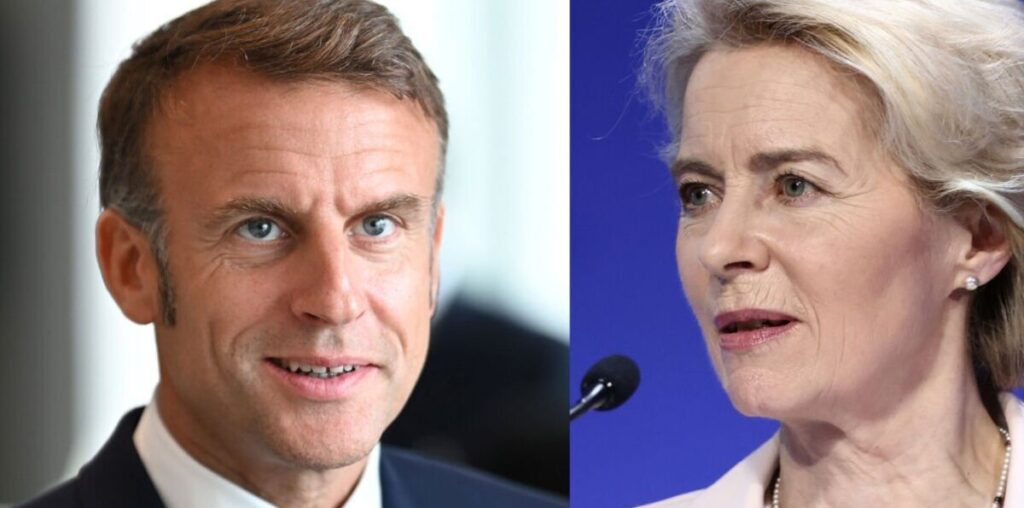French lawmakers across the political spectrum have rallied together to oppose the trade agreement between the European Union and the Mercosur.
A vote took place on Tuesday where 484 out of the 577 lawmakers voted in favour of a government declaration condemning the ‘unacceptable’ proposed trade agreement between the EU and the South American countries of the Mercosur: Argentina, Bolivia, Brazil, Paraguay and Uruguay.
The trade deal would aim to create a common market of 800 million people, accounting for a fifth of the global economy. A draft deal was originally announced in 2019, yet various disagreements have since delayed its final approval.
Creating one of the largest free trade zones in the world, its goal is to reduce tariffs and trade barriers, making it easier to export goods.
However, France strongly opposes the plan, largely for agricultural reasons, with many farmers taking to the streets in protest. They fear that the deal would result in an overhaul of the food market, with lower quality imports overtaking local produce – imports of goods such as Brazilian beef could put European farmers out of business.
France has so far been the key voice of opposition to the EU-Mercosur deal, with support from Poland opposing it too.
Ursula von der Leyen was dealt a fresh blow on Tuesday following Polish Prime Minister Donald Tusk announcing that his Government follows France’s stance, opposing the agricultural terms of the accord. He said: “Poland will not accept the agreement with South American countries in its current form.”
Germany and Spain are leading a coalition of 11 states in favour of the deal and keen to find new trading opportunities, with Austria and the Netherlands joining France and Poland on the opposition side.
The urgent vote in France came as European and South American negotiators were due to meet in Brasil for what they hoped would be a decisive round of talks.
Officials are meeting in Uruguay on the 5 and 6 December at which there are hopes the deal can be closed. However, even if the agreement is signed, it must be ratified by all 27 EU member states, the European Parliament and all member states’ national parliaments before taking effect. This would allow for France to make another attempt at blocking the deal.

